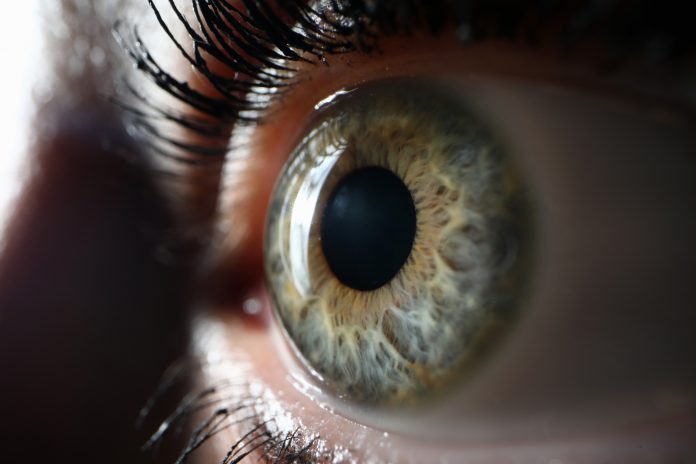
Research by Chinese and British researchers shows that some inherited eye diseases, particularly those where the CBR1 gene is mutated, could be triggered by a leaky retinal barrier at the back of the eye letting in bacteria from the gut.
The research team showed that the CBR1 gene is expressed in the retina and also in the intestinal wall and so when pathogenic mutations are present, bacteria from the gut are able to move through the blood stream and enter the eye.
“Genetic retinal degenerations are the most common cause of blindness in the working-age populations of industrialized countries. They are a heterogeneous group of disorders with more than 250 associated genes and wide-ranging clinical phenotypes, the onset of which typically varies from birth to early adulthood, with lifelong implications for patients and their families,” explained the authors in the Cell paper describing the study.
Inherited eye diseases, such as Leber congenital amaurosis and retinitis pigmentosa, that include pathogenic mutations in the CBR1 gene are included in this group. Previously it was thought that the causative CBR1 variants were only expressed in the brain and eyes, but the current study shows they are also expressed in the gut. This may explain why looking at a mouse model, the team showed that mice with a variant of CBR1 had lesions in their retinas that appeared to be colonized by bacteria.
In the mouse model, the researchers showed that bacteria can travel from the gut to the eyes in mice with mutations in the mouse version of the CBR1 gene contributing to sight damage.
The team showed that antimicrobial treatment or the restoration of normal CBR1 gene function was able to stop retinal degeneration in these mice even though the retinal barrier was still leaky.
Although these findings are early stage, the study authors believe they could help treat human eye diseases in the future.
“Our findings could have huge implications for transforming treatment for CRB1-associated eye diseases. We hope to continue this research in clinical studies to confirm if this mechanism is indeed the cause of blindness in people, and whether treatments targeting bacteria could prevent blindness,” said Richard Lee, co-lead author and professor at the UCL Institute of Ophthalmology and Moorfields Eye Hospital, in a press statement.
“Additionally, as we have revealed an entirely novel mechanism linking retinal degeneration to the gut, our findings may have implications for a broader spectrum of eye conditions, which we hope to continue to explore with further studies.”













